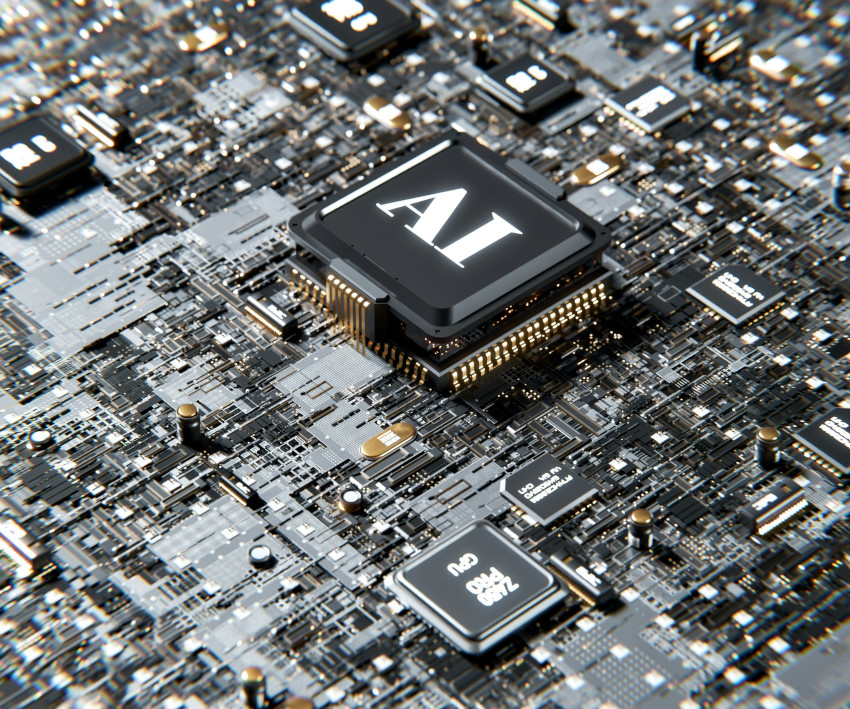The Department of Industry, Science and Resources is assisting Australian businesses in responsibly adopting artificial intelligence (AI) through the launch of a new guide.
The Guidance for AI Adoption, released in October this year, presents six core practices to ensure responsible AI adoption and oversight.
The guide has been developed by the National Artificial Intelligence Centre, and is designed to “support and accelerate Australia’s AI industry” in part by addressing the barriers and challenges for businesses in adopting AI, and by ensuring safe and responsible practices when using AI.
To further assist businesses, two versions of the guide have been created. ‘Foundations’ covers the essentials for those businesses starting out in AI governance, and ‘Implementation Practices’, is an in-depth guide for governance and technical professionals.
The versions align with both international standards and Australia’s AI Ethics Principles and are written with a human-centred approach.
The six practices are:
- Assign accountability – establish clear organisational roles
- Evaluate impacts – account for social and operational consequences
- Implement AI-focused risk management
- Share key information – ensure AI transparency and explainability
- Test and monitor AI systems for safety and reliability
- Retain human oversight – ensure meaningful control
Guidance and other resources are found on the Department of Industry, Science and Resources website.
Following the release of this guidance, last week AI-driven software company Deputy published its ‘Better Together: How AI and Human Connection Will Transform Frontline Work’ report, which shows how AI is reshaping frontline workplaces.
The report, created in collaboration with research agency Workplace Intelligence, also comes with a warning.
While employees are happy to embrace AI at work, many are unaware of how it is being used or what rights they have – or even that it is being used in their workplace at all.
The report discovered that:
- 51% of Australian workplaces use AI, yet nearly half of employees are unaware or disconnected (39% say it’s not used, 10% unsure)
- Only 16% of employees report full employer transparency on how AI affects their role
- 66% say human connection is very important, and 94% believe AI can’t replace compassion or empathy
- 81% would be more willing to adopt AI with proper training
The main frustration for workers was not fear of technology, but frustration at the lack of consultation and exclusion from decisions that affect their roles.
The report also found workers are concerned about the lack of training and preparation in effective AI use.
Silvija Martincevic, CEO of Deputy, emphasizes that adopting AI goes beyond simply implementing new tools, and requires a shift in workplace culture.
The report indicates that while almost half of workplaces have started using AI, only about one in four employees interact with it, and most are unaware of how it impacts their roles.
This gap, Martincevic argues, reflects isolation rather than true innovation.
“The real challenge isn’t building smarter tools, it’s building trust,” she said.
“When workers are trained, consulted, and given transparency, AI becomes more than a system upgrade; it becomes shared progress. The future of work will belong to organisations that treat AI as a people project first, and a technology project second.”
Dan Schawbel, managing partner at Workplace Intelligence, pointed out that technology must continue to serve people, and not the other way around.
“Employers have a critical opportunity to bridge this trust gap by being transparent, offering training, and ensuring their teams feel supported and empowered through the transition,” he said.
“The empathy, compassion, and human connection that define frontline roles can’t be automated — and organisations that recognise this balance between innovation and humanity will build stronger, more resilient workplaces for the future.”

